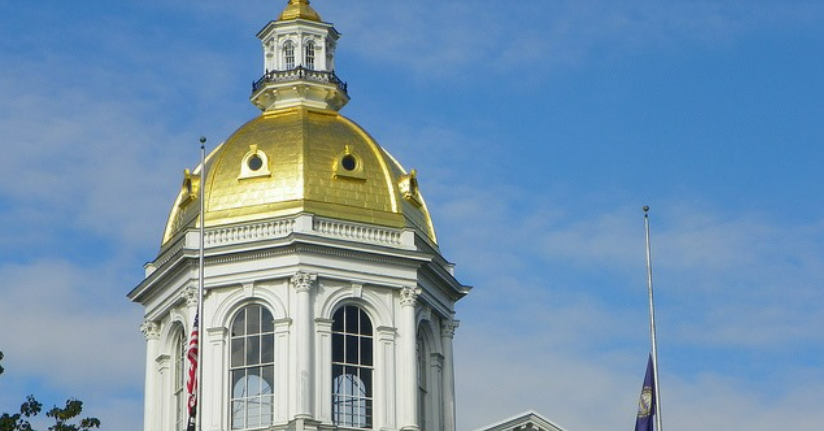This week, my committee unanimously recommended two bills to the House: SB 58, which coordinated the statutory language for many of the licensing boards under the Office of Professional Licensure and Certification.
Unlike other bills we’ve seen, this had almost no policy changes, just clarification, and synchronization. It set all quorum requirements as a majority of serving members, deleted any requirements for physical signatures on licenses and court reporters at hearings, and allowed the OPLC to set per diem payments and expense limits for all boards.
SB 104, updating some state employees’ job classifications and job titles, also included language controlling reverse auctions (the sellers bid, and low bid wins the contract) and different appointing mechanisms for some senior employees in the Department of Administrative Services.
We also revised one section of SB 133, the licensing omnibus, which dealt with psychologists’ licenses. The original bill created a remote-only “tele-pass” for individuals licensed in other states; the original committee amendment allowed temporary and emergency licenses to be converted to full licenses. The psychologists objected strongly and came up with revised language for the tele-pass, including conversion from an emergency license.
This was much better than the original, meeting my requirements of getting more people licensed and able to work while protecting the board’s authority to set requirements to practice. It passed, 17-2, and will be in the amendment we consider next week. I’d prefer the original approach, but this is good enough not to fight.
We also reviewed in detail most of SB 155, which puts some of the emergency orders into statute. We defined “temporary health partners” – nursing assistants’ assistants! – and authorized pharmacy technicians to perform Covid tests. Out of state pharmacies that supplied drugs for clinical trials were allowed to send them by mail.
Summer camps that rely on a zoning variance were authorized to continue, even if they were not open, or at reduced capacity, these last two summers. We specified that outdoor dining (and drinking) could continue within local ordinances or rules, and within the capacity of the septic system. We deleted as unnecessary sections that revised town permitting and inspection for construction during a pandemic, and emergency licensing for some medical professionals (covered in other bills.)
Each piece of these bills is minor in itself, but the effort is necessary to make sure our laws are coherent and understandable. If ignorance of the law is no excuse, we owe it to our citizens to have laws they can understand – without a law degree!
We also heard a variation of the amendment to ban vaccine passports, which simply put vaccine status into the non-discrimination statutes. This drew a lot of testimony on both sides, but mostly from the same people and groups that spoke on the original amendment.
